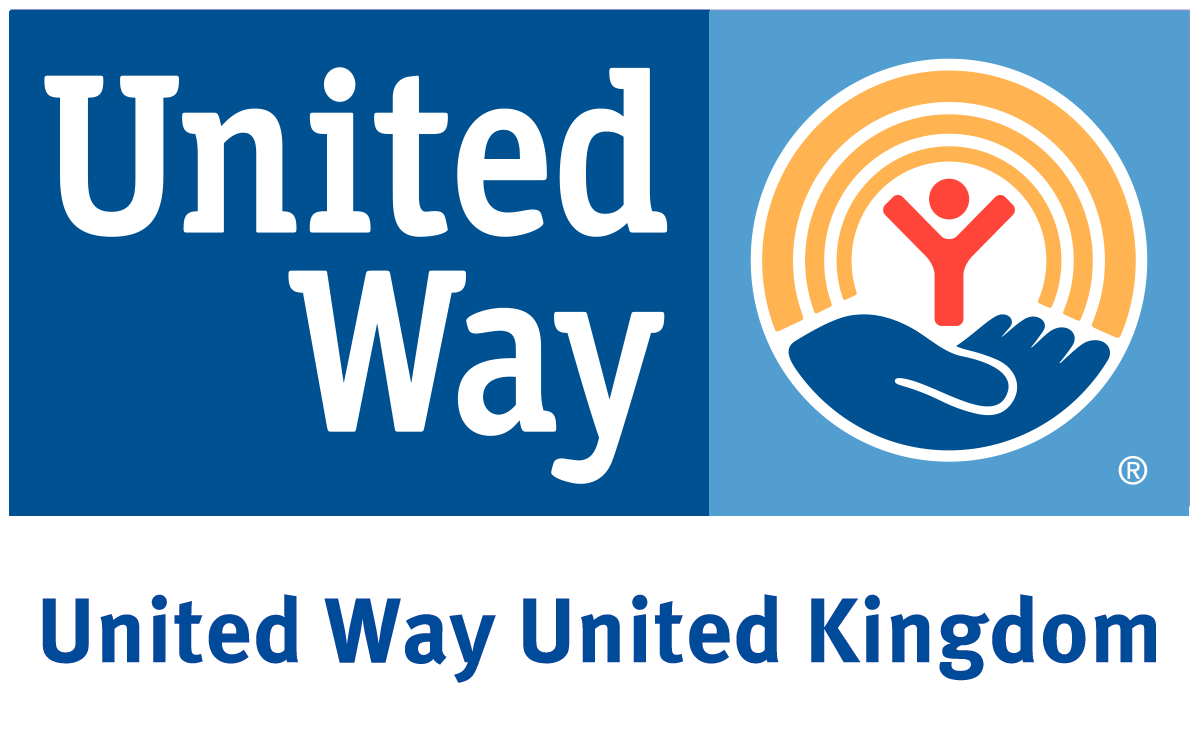Place-Based Investment: how the United Way model shares the principles of PBI to strengthen communities
Empowering Local Solutions
In today's globalised world, there is a growing need to address local issues using innovative approaches. Place-Based Investment (PBI) and the United Way model both aim to enhance community well-being through place-centric, collaborative efforts. PBI leverages the power of global resources and expertise to address local challenges, while United Way fosters partnerships between organisations and individuals to create positive change. This blog explores how these two concepts intersect and contribute to building stronger, more resilient communities.
What is PBI?
The Impact Investing Institute explains the concept of PBI as follows: “An economy that works for all requires an intentional approach to place. Places become ‘underperforming’, ‘left behind’ and ‘underinvested’ as a result of a complex combination of factors which culminate in market failure and vicious cycles of asset depreciation”. Housing, energy, infrastructure and SME finance are examples of the vehicles for getting capital to underinvested places.
Essentially PBI refers to a diverse range of initiatives operating within specific geographical areas to tackle local issues in innovative ways. These initiatives involve harnessing and optimising resources to benefit the community collaboratively. PBI recognises that local circumstances and approaches vary, and it seeks to develop evidence-based programs to address specific needs. By leveraging resources and expertise, PBI can provide targeted support and solutions to communities, ultimately empowering them to take charge of their own development. PBI shares many synergies with the United Way framework for community impact, as does the emerging concept of PBG – Place Based Giving – which fits into the UK Government’s levelling up agenda.
The United Way Model: Collaboration for Community Impact
United Way’s expertise in community impact has been established over 130 years around the world. This model brings together diverse stakeholders, including charities, businesses, and individuals, to address social issues collectively and in a community-centric way. United Way acts as a catalyst, facilitating collaborations and mobilising resources to achieve equitable solutions. Through strategic partnerships and collective action, United Way improves education, economic mobility, and health outcomes for all people in all communities.
Shared Values and Objectives
PBI and United Way share common values and objectives. Both approaches involve supporters with passion and commitment for local communities and for innovation. Both recognise the wide range of environments and resources in local communities with universal challenges. Each recognises the importance of adaptable, collaborative approaches and community engagement in addressing local challenges. Both models seek to build stronger, more resilient communities by leveraging resources and expertise. By engaging various stakeholders, both promote a sense of ownership and shared responsibility for community well-being.
Harnessing Local Knowledge and Global Expertise
By combining local insights with global best practice, both of these highly innovative approaches create adaptable solutions that accelerate existing support, and/or build new programmes that address the uniqueness of how social challenges manifest within a given community, and the unique blend of resources available to that community.
Driving Positive Social Impact
Both PBI and the United Way model aim to drive positive social impact at the local level. PBI's emphasis on evidence-based programs ensures that resources are directed toward initiatives, like housing and energy, with proven effectiveness. United Way's focus on social infrastructure enables coordinated efforts to achieve meaningful and sustainable change. By optimising local resources, expertise, and community support, these approaches amplify the impact of social initiatives and create lasting improvements in education, financial stability, health, and other critical areas.
A Better Future
Place-Based Investment and the United Way model both provide frameworks for mobilising collaboration, leveraging resources, and addressing local challenges. By combining global resources and expertise with local knowledge and community engagement, these approaches empower communities to take ownership of their own development. Together, they contribute to building stronger, more resilient communities that thrive. By embracing these models, we can create a future where every community has the tools and support needed to overcome social issues and achieve a better quality of life for all.

